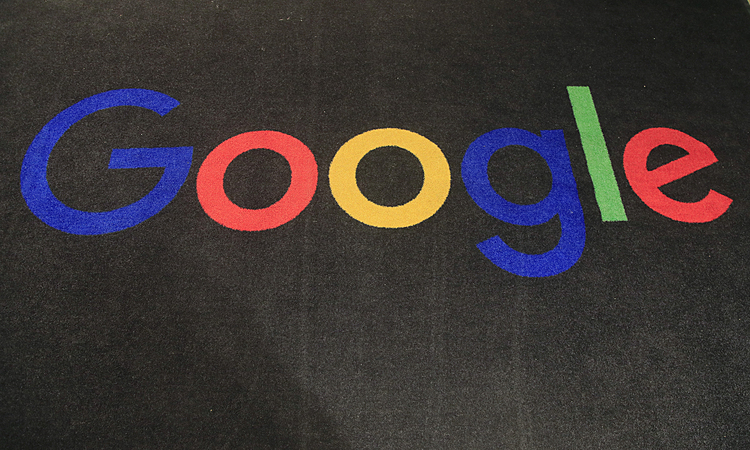5 takeaways from the government's lawsuit against Google
OAKLAND, Calif. (AP) — The Justice Department's lawsuit against Google alleging antitrust violations marks the government’s most significant attempt to protect competition since its groundbreaking case against Microsoft more than 20 years ago. The lawsuit claims Google has abused its dominance in online search and advertising to stifle competition and harm consumers.
Here are five things to know about the lawsuit and what might be coming down the line.
___
WHAT IS THE GOVERNMENT'S CASE?
Lawmakers and consumer advocates have long accused Google, whose corporate parent Alphabet Inc. has a market value just over $1 trillion, of abusing its dominance in online search and advertising to stifle competition and boost its profits. The government’s lawsuit alleges that Google uses billions of dollars collected from advertisers to pay phone manufacturers to ensure Google is the default search engine on browsers.
Eleven states, all with Republican attorneys general, joined the federal government in the suit.
___
WHO STAYED OUT OF IT?
The attorneys general of New York, Colorado, Iowa, Nebraska, North Carolina, Tennessee and Utah released a statement Monday saying they have not concluded their investigation into Google and would want to consolidate their case with the Justice Department’s if they decide to file.
“It’s a bipartisan statement,” said spokesman Fabien Levy of the New York State attorney general’s office. “There’s things that still need to be fleshed out, basically."
___
IS GOOGLE A MONOPOLY?
Google controls about 90% of global web searches. Its Chrome browser is the most popular in the world and helps drive even more traffic to its search engine and other products, while also collecting valuable insights into what sites people visit, helping Google sell even more advertising.
“Google is the gateway to the internet and a search advertising behemoth,” U.S. Deputy Attorney General Jeff Rosen told reporters. “It has maintained its monopoly power through exclusionary practices that are harmful to competition.”
But the company has been bracing for the government’s action and is expected to fiercely oppose any attempt to force it to spin off its services into separate businesses.
___
HELPFUL OR HARMFUL?
While the government's lawsuit claims Google's power is harming people by stifling rivals, the company, based in Mountain View, California, has long denied the claims of unfair competition. Google argues that although its businesses are large, they are useful and beneficial to consumers. It maintains that its services face ample competition and have unleashed innovations that help people manage their lives.
___
DEJA VU?
The Justice Department's lawyers “filed the strongest suit they have,” said Columbia law professor Tim Wu, who called it almost a carbon copy of the government’s 1998 lawsuit against Microsoft. Back then, Google cast itself as the underdog fighting against the technological bully — Microsoft. The Justice Department's case against Google revolves around the company bundling products around its dominant position in search — much like the case against Microsoft 22 years ago revolved around its bundling of other products around Windows.
“Back then, Google claimed Microsoft’s practices were anticompetitive, and yet, now, Google deploys the same playbook to sustain its own monopolies," the lawsuit reads. “But Google did learn one thing from Microsoft — to choose its words carefully to avoid antitrust scrutiny. Referring to a notorious line from the Microsoft case, Google’s Chief Economist wrote: ‘We should be careful about what we say in both public and private. ‘Cutting off the air supply’ and similar phrases should be avoided.'"
If the government wins its case, history could repeat itself and Google could see some of its most popular services unbundled.











